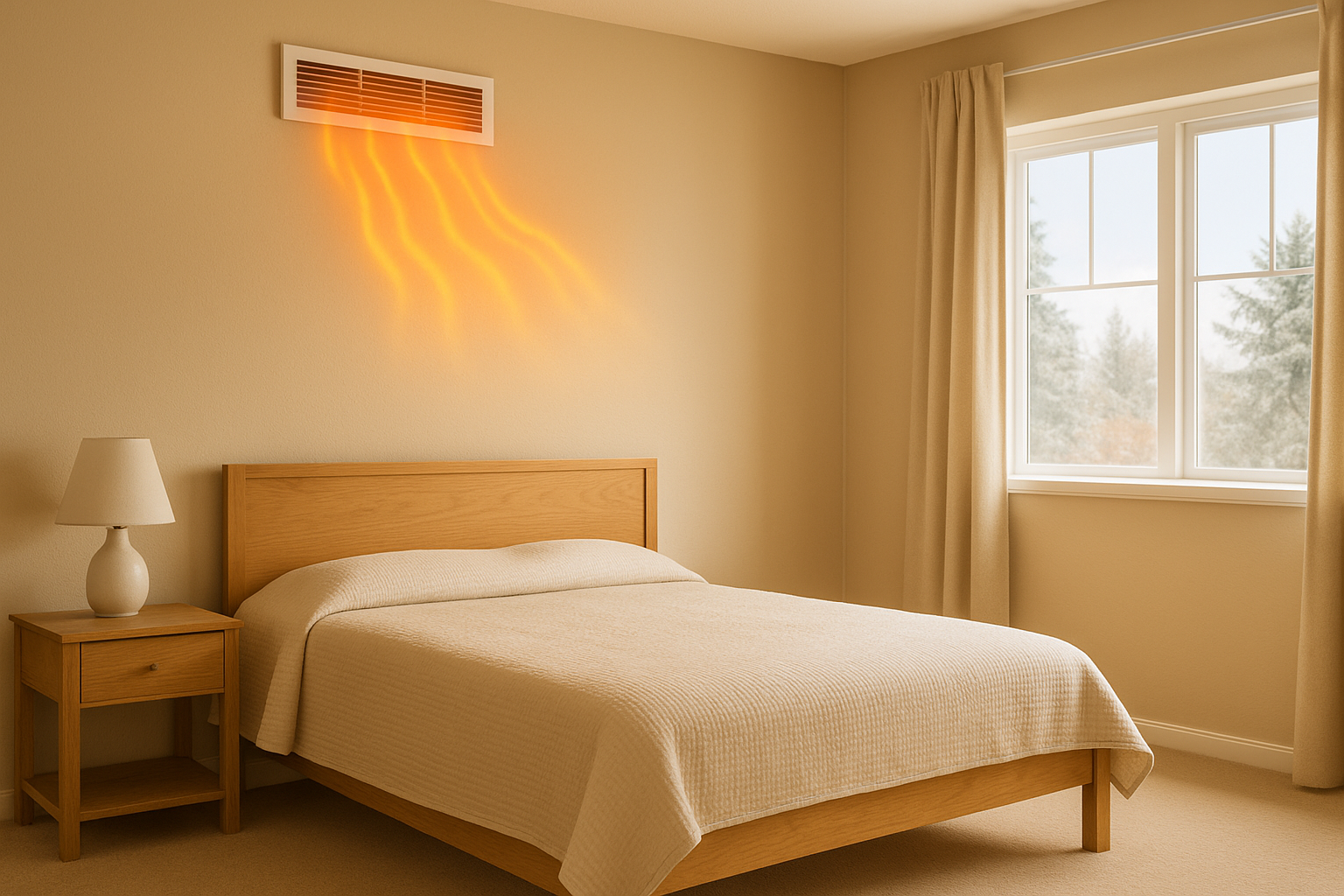- Serving Sarasota, Manatee, Southern Hillsborough, Charlotte, Collier and Lee Counties

Thinking about a heat pump? In Florida’s warm, humid climate, heat pumps are an efficient way to cool your home in summer and provide reliable heat on the occasional cool night. This guide explains how heat pumps work, which types make sense in Florida, and how to choose the right system for your home.
Unlike furnaces or boilers that create heat, a heat pump moves heat from one place to another. In cooling mode, it pulls heat from indoors and releases it outside. In heating mode, it gathers heat energy from the outdoor air (or ground) and brings it inside. Because it transfers heat instead of generating it, a heat pump can be remarkably efficient—especially in milder climates like Florida.
Florida’s winters are generally above freezing, which is ideal for heat pump performance. Modern systems maintain comfortable indoor temperatures with excellent humidity control—without relying on constant electric resistance heat or fuel combustion.
Transfers heat between indoor and outdoor air. Today’s inverter-driven units offer quiet operation, strong humidity control, and high efficiency that’s well-suited to Florida.
Ideal for homes without ducts, additions, sunrooms, or spot conditioning. Individual indoor heads allow zoned comfort and excellent efficiency.
Moves heat to/from the ground or water source. Extremely efficient but requires a ground loop—best for properties that support installation.
Typically used in larger applications; powered by natural gas, solar, or geothermal-heated water. Less common for typical Florida residences.
The best heat pump depends on your home’s layout, insulation, ducts, and comfort goals. A professional load calculation (Manual J), duct evaluation (Manual D), and equipment selection (Manual S) ensure your system is sized and installed for peak performance.
We’ll help you compare options, select the right efficiency level, and design a system that fits your home and budget. From load calculations and equipment selection to clean, code-compliant installation, Quality Control Air has you covered.
Tell us about your project and timeline—we’ll provide clear recommendations and a smooth installation experience from start to finish.